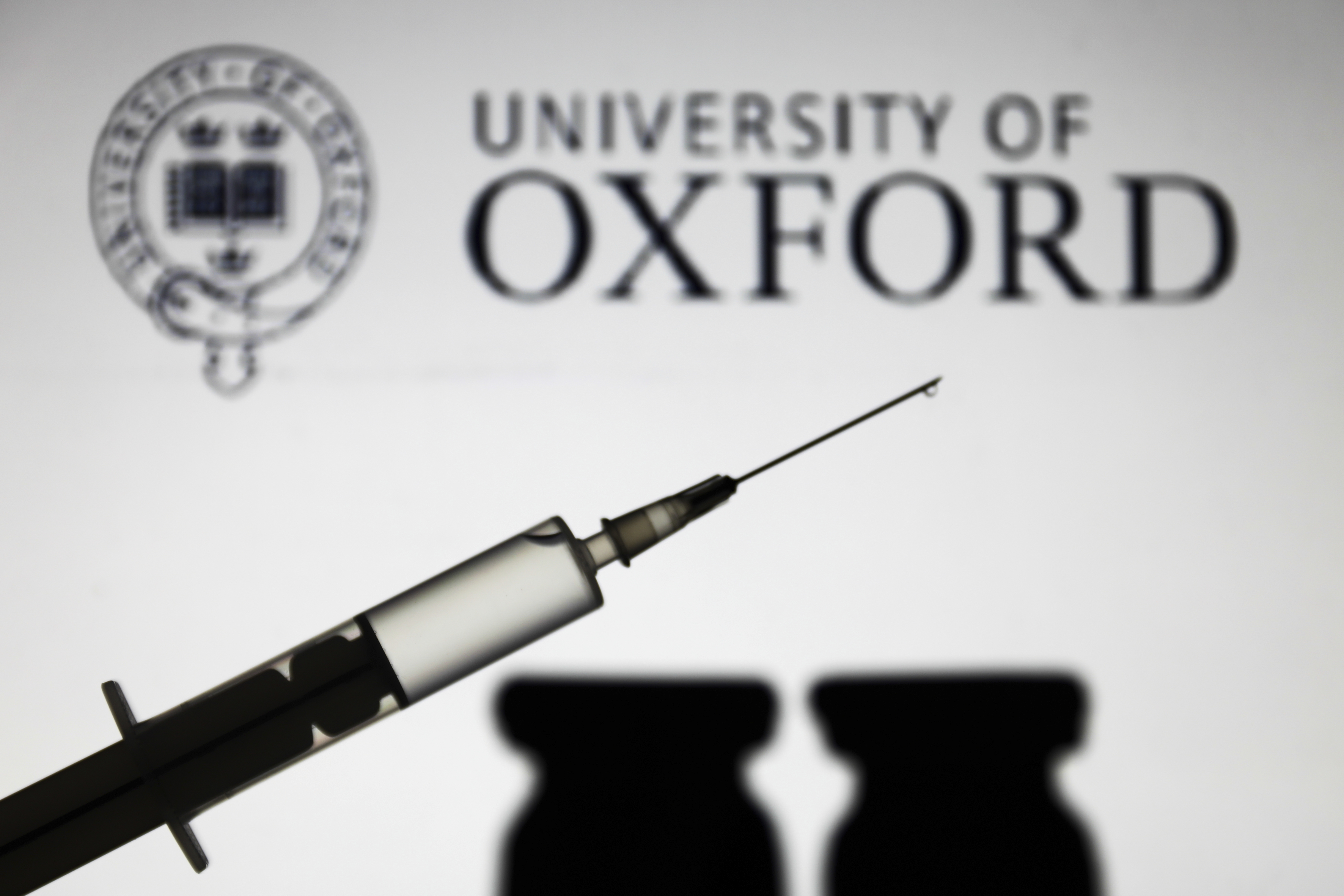The Oxford/AstraZeneca vaccine is up to 90% effective, according to interim data

The news: Oxford University and AstraZeneca have reported that their covid-19 vaccine is up to 90% effective, according to interim data from the phase 3 trial. The trial found that the vaccine was 70% effective when the data from two different dosing regimes was combined. The first regime, which was 90% effective, used a halved first dose and a full second dose. In the second, which was 62%, participants were given two full doses. There are more than 24,000 volunteers participating in the ongoing trial in the UK, Brazil, and South Africa.
Why it’s promising: The data has yet to be submitted for peer review or publication, but the trial researchers say it suggests the vaccine also reduced asymptomatic transmission. This would mean the vaccine not only helps stop illness but also cuts transmission rates of the virus. No one who received the vaccine was hospitalized or experienced serious illness, and it worked well across all age ranges.
Old school: While Pfizer’s and Moderna’s vaccines are both based on new mRNA technology, the Oxford vaccine is a more traditional adenovirus vaccine. It relies on a weaker version of a virus that causes the common cold in chimps, tweaked so it cannot grow in humans. Adenovirus vaccines are easier to store and transport. That’s why, unlike the Pfizer/BioNTech or Moderna vaccines, which require extremely cold storage, the Oxford vaccine can be stored at fridge temperature (35.6 to 46.4 °F).
Who gets it? Oxford and AstraZeneca have committed to providing the vaccine on a not-for-profit basis for the duration of the pandemic across the world, and permanently for low- and middle-income countries. AstraZeneca already has agreements to supply three billion doses of the vaccine. The UK has ordered 100 million doses of the vaccine, which is enough to vaccinate the majority of its population. If approved, rollout will start before Christmas. Australia has ordered 34 million doses too.
Deep Dive
Biotechnology and health
How scientists traced a mysterious covid case back to six toilets
When wastewater surveillance turns into a hunt for a single infected individual, the ethics get tricky.
An AI-driven “factory of drugs” claims to have hit a big milestone
Insilico is part of a wave of companies betting on AI as the "next amazing revolution" in biology
The quest to legitimize longevity medicine
Longevity clinics offer a mix of services that largely cater to the wealthy. Now there’s a push to establish their work as a credible medical field.
There is a new most expensive drug in the world. Price tag: $4.25 million
But will the latest gene therapy suffer the curse of the costliest drug?
Stay connected
Get the latest updates from
MIT Technology Review
Discover special offers, top stories, upcoming events, and more.